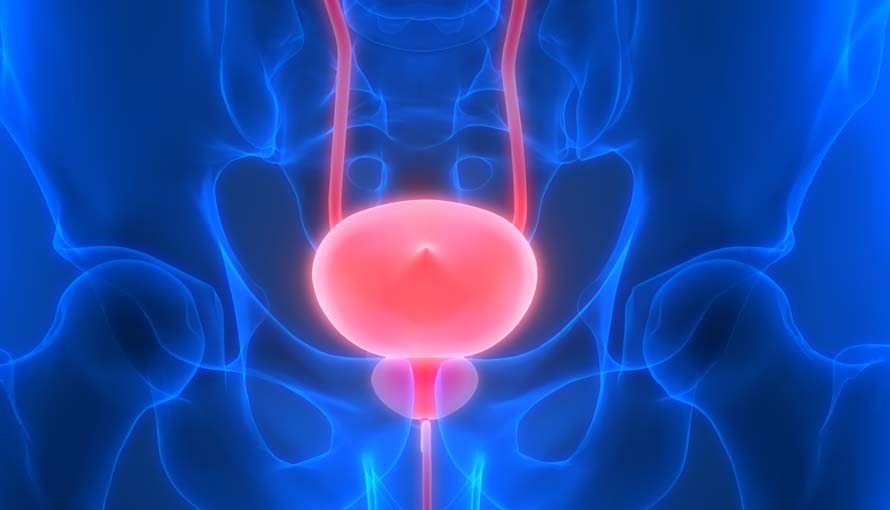
Moffitt Researchers Lead Study Identified ctDNA for the Treatment of High-Risk Urothelial Carcinoma
Our Genitourinary Oncology Department at Moffitt Cancer Center conducted a study using circulating tumor DNA to refine staging for high-risk upper tract urothelial carcinoma. Moffitt’s researchers Dr. Roger Li, and Dr. Heather Huelster are leading the trial evaluating whether the presence of plasma ctDNA, as detected by a targeted next-generation sequencing panel, can accurately predict muscle-invasive (>/= pT2) and non-organ confined (pN+) disease.
Neoadjuvant chemotherapy administration in these advanced-stage patients has been shown in many series and a recent meta-analysis to confer both progression-free and overall survival benefit. However, currently available methods of clinical staging are notoriously inaccurate, making it very challenging to identify appropriate candidates for chemotherapy prior to nephrectomy. Thus, ctDNA has the potential to identify patients who may benefit from lifesaving neoadjuvant chemotherapy, particularly in the subset of patients who become ineligible for cisplatin-based chemotherapy related to a decline in renal function after nephroureterectomy.
"At the recent 2022 GU ASCO, we presented an interim analysis of the results from our first 15 patients. All eligible patients had high-grade urothelial carcinoma of the upper tracts with no radiographic evidence of metastatic disease or neoadjuvant chemotherapy exposure and were planning for up-front radical nephroureterectomy (RNU)," said Dr. Huelster.

In summary, prospective ctDNA analysis using a targeted next-generation sequencing panel is a feasible approach to predicting muscle-invasive and non-organ confined upper tract urothelial carcinoma (UTUC) at the time of nephroureterectomy and has the potential to identify patients that may benefit from neoadjuvant chemotherapy.
The next steps for the project involve continued accrual and analysis of urinary tumor DNA in addition to plasma ctDNA, as well as evaluation for the presence of plasma ctDNA postoperatively as a marker of disease recurrence after RNU, Dr. Huelster added. Moffitt continues to be a leader in rare genitourinary tumor research. This clinical trial (MCC 20891) is currently only available at Moffitt, although the plan is to lead to a future multi-institutional trial. To learn more, read the journal study.
If you’d like to refer a patient to Moffitt Cancer Center, complete our online form or contact a physician liaison for assistance. As part of our efforts to shorten referral times as much as possible, online referrals are typically responded to within 24 - 48 hours.
Source: Journal of Clinical Oncolgoy®, Novel use of ctDNA to identify locally advanced and metastatic upper tract urothelial carcinoma.
